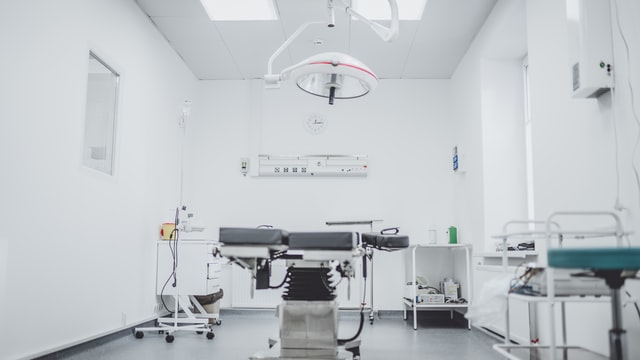
We humans are wired for connection. Our ancestors evolved as social beings because, simply, working together as a band of humanoids increased their chances of survival and reproduction. Multiple studies have shown that collaboration engenders survival advantage. Yet physician loneliness is a real thing.
Working in medicine can be a very isolating place. So many factors in our current systems of selection, training, and working encourage competition and separation rather than cooperation and cohesion.
We may appear happy, competent, unflappable, the “go-to” -guy or -girl in our jobs, and yet we may simultaneously feel incredibly isolated, vulnerable, and alone. Doctors may even be working within, or leading, teams, and yet feel isolated and alone. Working in a busy team can be invigorating and rewarding, but depending on the team dynamics and the physician, it can also be isolating.
Sure, some of this is due to our personalities and coping mechanisms, but much of it is structural to do with medical culture, at least in “Western” systems. We have lost our safe spaces to let off steam, eat together in companionable safety, complain about unreasonable patients or managers, to share our humanity.
My personal experience of burnout and from working with other physicians in the same charred boat has highlighted the prevalence of disconnection. Conversely, the importance of connection becomes clearer.
The Harvard Business Review found that professionals such as doctors and lawyers have the highest rates of loneliness among all workers.
Loneliness (defined as the subjective distressing feeling of the absence of a social network or a companion) is common. The prevalence ranges from 5 – 50% in different countries, with higher numbers generally seen in the elderly, but young people are affected, too.
Among doctors, loneliness research data is scarce, but one study reported a prevalence of 43% among Kansas physicians. Another paper published in the Harvard Business Review found that professionals such as doctors and lawyers have the highest rates of loneliness among all workers. Feeling isolated or disconnected has been linked to burnout among internal medicine residents and has been cited as one of the major stressors of nurse managers.
Loneliness has become a growing public health issue linked to a variety of health risks (e.g., high blood pressure, heart disease, obesity, a weakened immune system, anxiety, and depression). Among practicing physicians, little is known about the link between loneliness and other types of emotional distress (i.e., burnout, depressive symptoms, and suicidal ideation). Because physicians are not immune to loneliness, it is worth exploring the link between loneliness and physician wellbeing.
Why is loneliness such a thing among such bright, hard-working, dedicated professionals? How is it possible to feel isolated in the midst of a busy healthcare setting?
I would posit a number of factors that contribute to physician loneliness, which are grouped into Us and Them. The Us factors include:
The “Superman complex”: we are people of steel, ignoring our own personal Kryptonite. Projecting the image of invulnerability risks disconnection with others.
One silver lining of being a recovering physician is that I have hit a rock-bottom. Hard. At that point, my ego and defences were shattered. My invulnerability melted, and I stood naked before truth. In recovery, my re-built ego is (I hope) a lot less prideful. My identity is now more than “The Doctor”. I feel fortunate in feeling able to share my vulnerability. I learned this in Anonymous groups of peers in the same situation. I no longer need to appear invincible and competent to everyone.
In this article, I discussed the impact of loneliness on our wellbeing, and explored the factors common to doctors (the “Us” factors) which contribute to loneliness in modern medicine.
In Part 2, I look at systemic factors and solutions. Read on…
